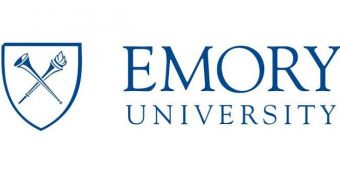Emory University investigators say that a technique called deep brain stimulation (DBS) proved to be very useful for treating severe, treatment-resistant depression, as well as bipolar disorder. The technique, though invasive, only delivers very mild electrical shocks deep within the human brain.
According to the researchers, the reasons why DBS is effective against both unipolar major depressive disorder and bipolar II disorder is still not very well known. Still, the fact remains that those suffering from these conditions may now finally get access to a new therapy, where all other failed.
Patients suffering from major depression need to be kept under close supervision even when their condition is responding to medication. When the disorder is too severe, things get even more complicated, since all treatments fail.
For these individuals, DBS is now shaping up to be an unexplored option, which could theoretically at least reduce the severity of their symptoms, if not improve their quality of life by a significant margin.
“Depression is a serious and debilitating medical illness,” Emory University School of Medicine expert Helen S. Mayberg, MD explains. The researcher, who was the leader of the study, is based at the Departments of Psychiatry and Behavioral Sciences, Neurology and Radiology at the university.
She explains that bipolar spectrum disorder is characterized by alternating state of mania/hypomania and intense depression. Most commonly, the disease is referred to as manic-depression, experts add.
“When we found that the potential for effective and sustained antidepressant response with DBS for patients with otherwise treatment resistant major depressive disorder was high, the next step was to determine if patients with intractable bipolar depression could also be successfully treated,” Mayberg says.
All that is needed for DBS are two thin wire electrodes, which are implanted in the brain. A special device then delivers high-frequency electrical stimulations to very specific areas of the brain.
The Emory group spent two years administering the novel therapy to a batch of 17 patients, while at the same time monitoring their progress. After two years of active stimulation, remission and response rates reached 58 percent and 92 percent, respectively.
“Most of these patients have been in a depressed state for many years and are disabled and isolated. As their depression improves, they need a process to help them achieve full recovery that includes integration back into society,” Dr. Paul E. Holtzheimer explains.
“We hope to optimize the rate of improvement for these patients by using a model of care that provides psychotherapeutic rehabilitation built on evidence-based psychotherapy but tailored to the specific individual’s situation,” he adds.
Holtzheimer is an associate professor and director of the Mood Disorders Service at the Dartmouth Medical School, and was also the lead psychiatrist on the study, PsychCentral reports.

 14 DAY TRIAL //
14 DAY TRIAL //